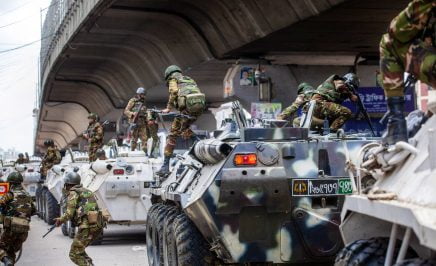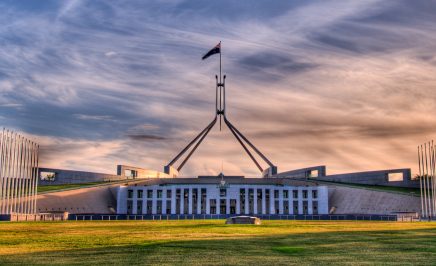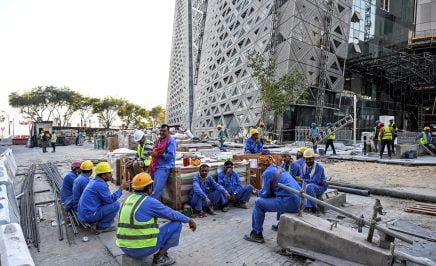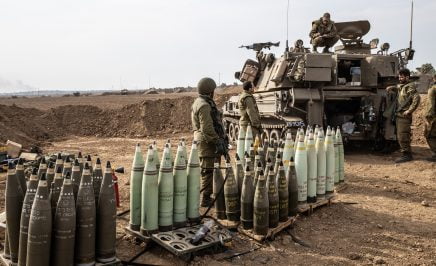Responding to inspectors from the UN suspending their visit to Australia after being denied access to places of detention, Amnesty International Australia Impact Director Tim O’Connor said:
“This is an international embarrassment and shows how paper-thin the commitment to Optional Protocol to the Convention Against Torture [OPCAT] is.
“Even though this important international treaty was ratified in 2017, it has never been passed into domestic law, and the result is that we have grave concerns about conditions of detention in this country.
“We need only look at the horrific experiences of young people in youth detention, allegations of systemic abuse, the continued use of tools of torture like spithoods and the hundreds of First Nations people who have died in custody to see that there are serious problems that require independent scrutiny.
“And of course, the continued detention of refugees and asylum seekers has ruined the physical and mental health of thousands of people who have done nothing more than ask for our protection because they can’t be safe in their own homes.
“If the States and Territories are complying with their obligations under OPCAT then they have nothing whatsoever to fear from the Subcommittee on the Prevention of Torture [SPT] visiting their prisons and detention facilities. Preventing the SPT from doing its job raises grave concerns about the conditions of people in detention in Australia.
“It also highlights the urgent need for a Federal Human Rights act to provide robust safeguards for the human rights of all in this country.”
Background
Amnesty International Australia has outlined its concerns in a submission to the SPT and includes key recommendations, including raising the age of criminal responsibility from 10 to 14, advocating for the principle that no person should be detained in violation of their human rights, and bringing an end to the mandatory and indefinite detention of people waiting for their asylum claims to be assessed.





